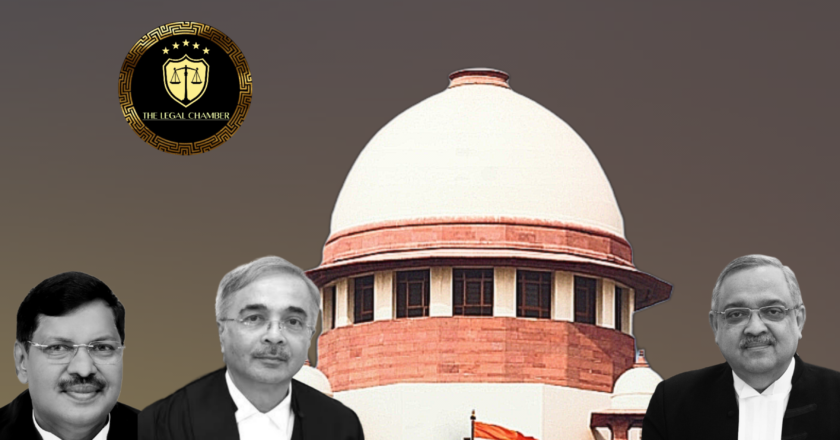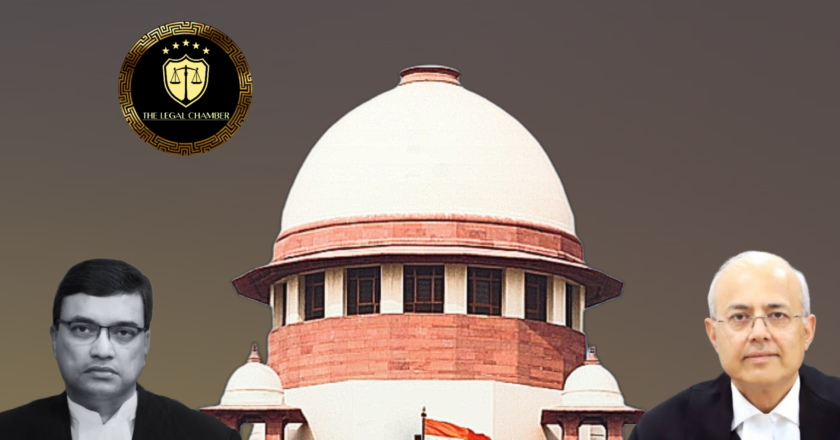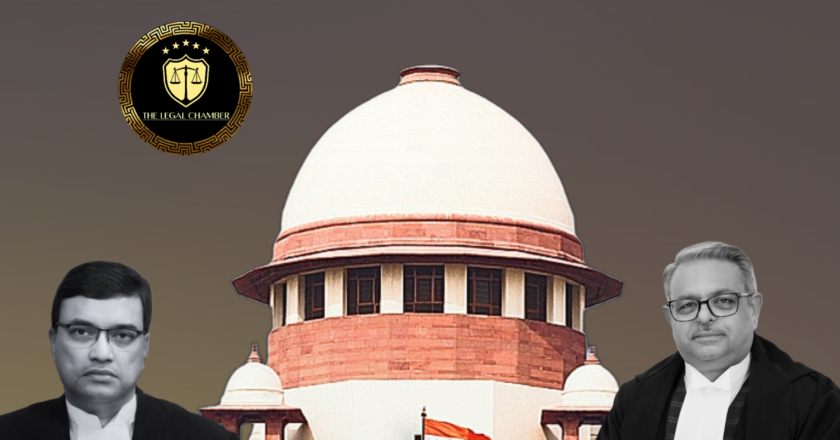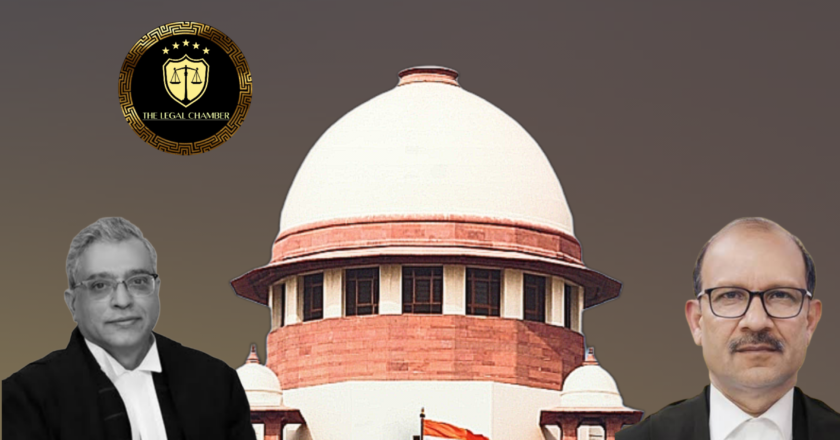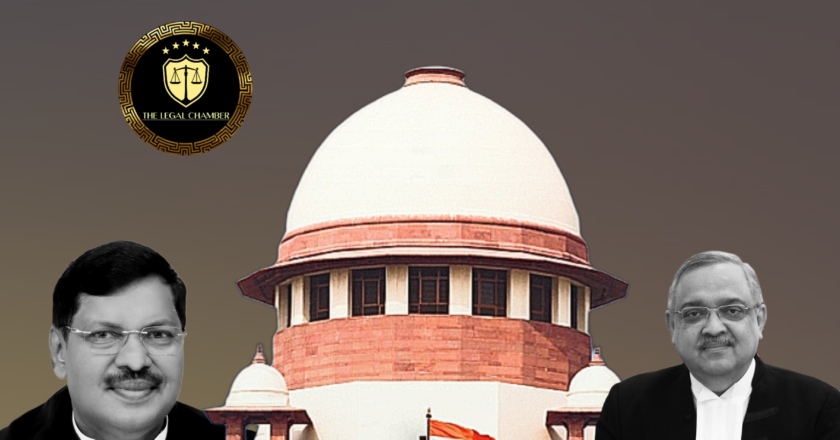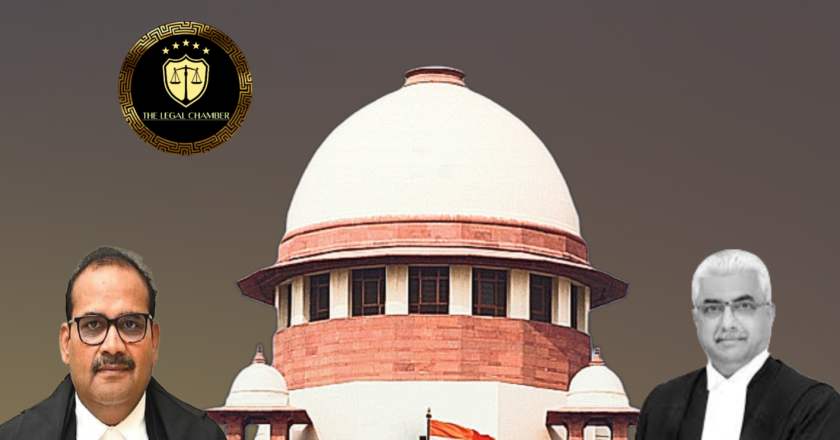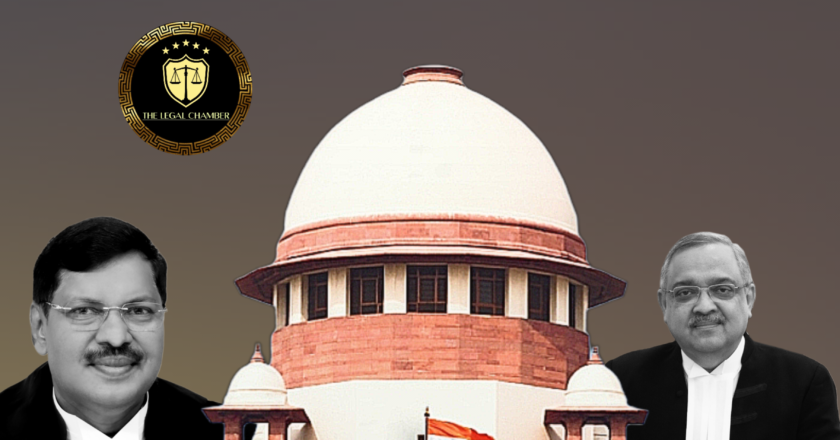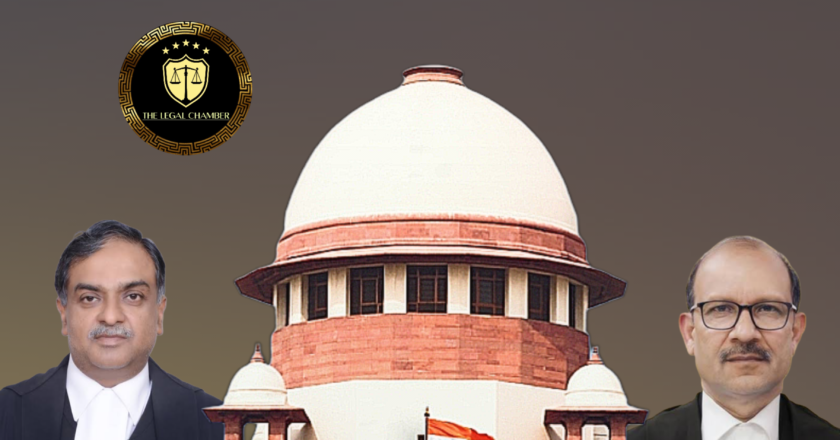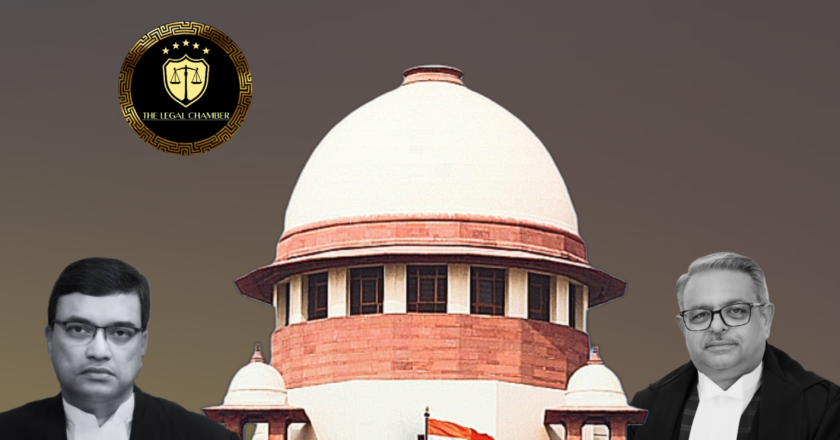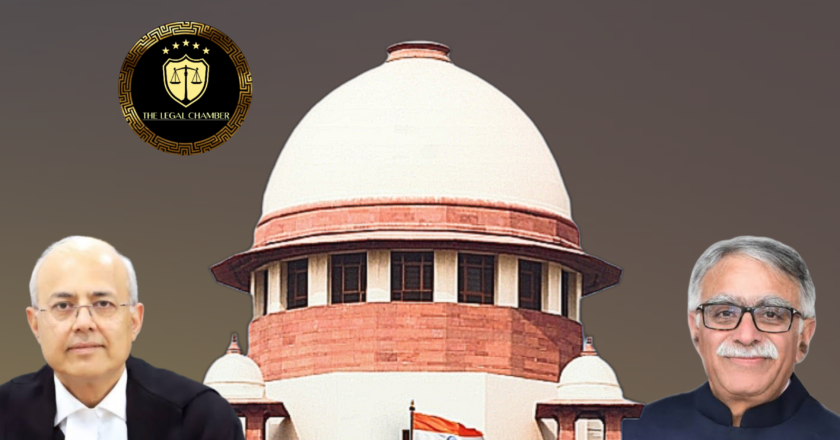Supreme Court Seeks Larger Bench’s View :Can a Serving Judicial Officer Apply as a “Fresh” Judge?
The Supreme Court referred to a 5-Judge Constitution Bench the interpretation of Article 233(2) of the Constitution. It identified two substantial questions of law concerning the eligibility of judicial officers with prior bar experience for direct recruitment as District Judges, and the relevant time for determining such eligibility.
Facts Of The Case:
The present batch of petitions primarily sought a review of the Supreme Court's 2020 judgment in Dheeraj Mor v. Hon’ble High Court of Delhi. In that decision, a three-judge bench had upheld rules that barred members of the state judicial service from applying for the posts of District Judges reserved for direct recruitment from the bar under Article 233(2) of the Constitution. The review petitioners, along with other connected writ petiti...
